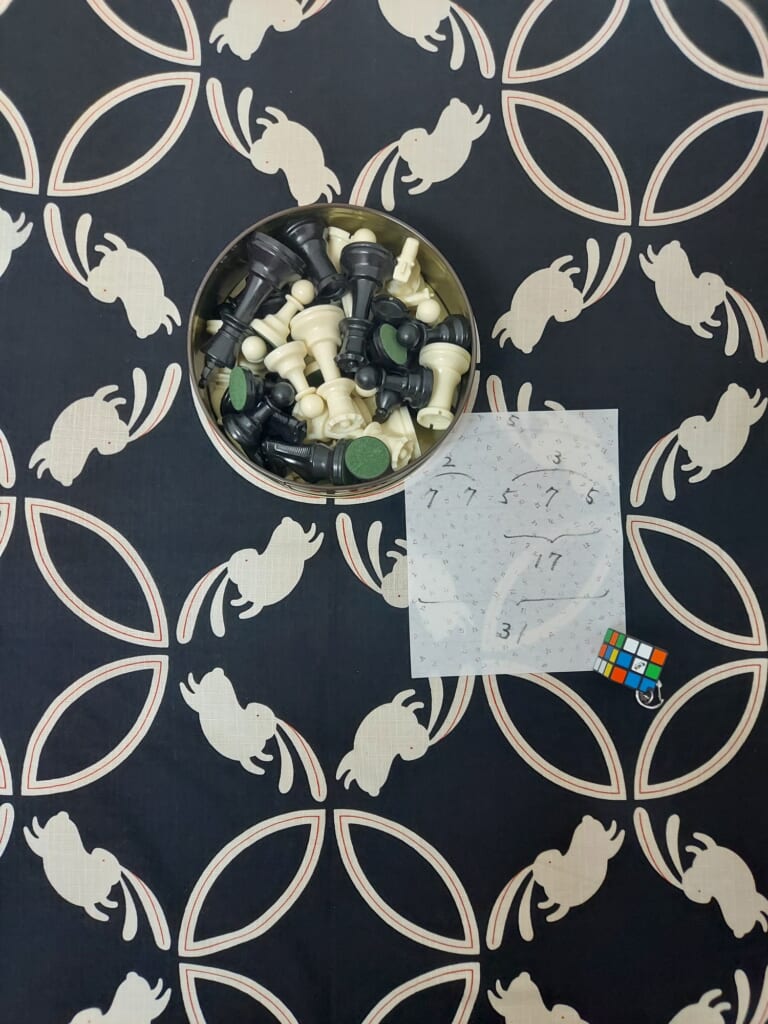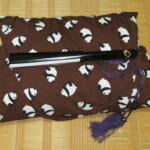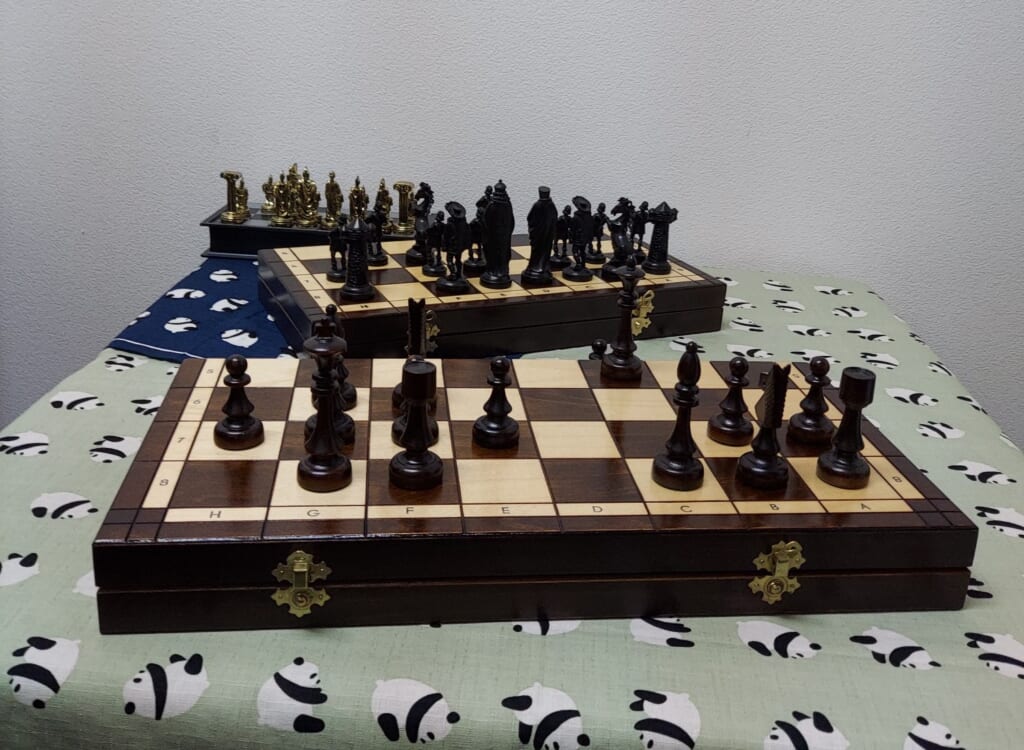
At a shelter in Pavlohrad.
About 100km.
West of the slowly.
Shifting front line.
Evacuees are.
Constantly arriving from.
Villages and towns.
Overtaken by the war.
A woman, 31.
Is there with.
Her two sons.
The family cat lies.
Sleeping among.
The few belongings.
The family have managed.
To bring with them.
From the village.
Of Uspenivka.
Just outside the besieged.
City of Pokrovsk.
The family hung on.
In their house.
As long as they could.
But with explosions all around.
Shops closed and.
Roads cut off one by one.
They finally bowed.
To the inevitable.
They packed up.
A few bags.
Locked the door.
And left.
“We hoped.
The war would pass us.
And end soon.”
She tells you.
At a shelter in Pavlohrad.
About 100km.
West of the slowly.
Shifting front line.
Evacuees are.
Constantly arriving from.
Villages and towns.
Overtaken by the war.
Now, after two months.
Without electricity.
Or the internet.
She has her laptop.
She has her laptop.
Open on the bed.
And is catching up.
With the news.
“We hope things.
Will be better and.
The war will end.”
She replies.
When you ask.
About political changes.
Far away.
In the US.
“I hope the new president.
Will be better than.
The current one.”
At a shelter in Pavlohrad.
About 100km.
West of the slowly.
Shifting front line.
Evacuees are.
Constantly arriving from.
Villages and towns.
Overtaken by the war.
*Because I read “Ukraine’s double challenge: Russia’s advance and the return of Trump” by Paul Adams on 21 Nov 2024, and also “Why are Ukrainians calling Russians ‘orcs’?” by James FitzGerald on 30 Apr 2022, on the BBC news.
So, I wrote this poem, including a story of Anastasiia, Arseniy and Rostyslav.
Please read the original story on the BBC news:
Ukraine’s double challenge: Russia’s advance and the return of Trump
**My friend kindly shows you this poem in one page of the Ukrainian website for their children and others!
Please join them!

